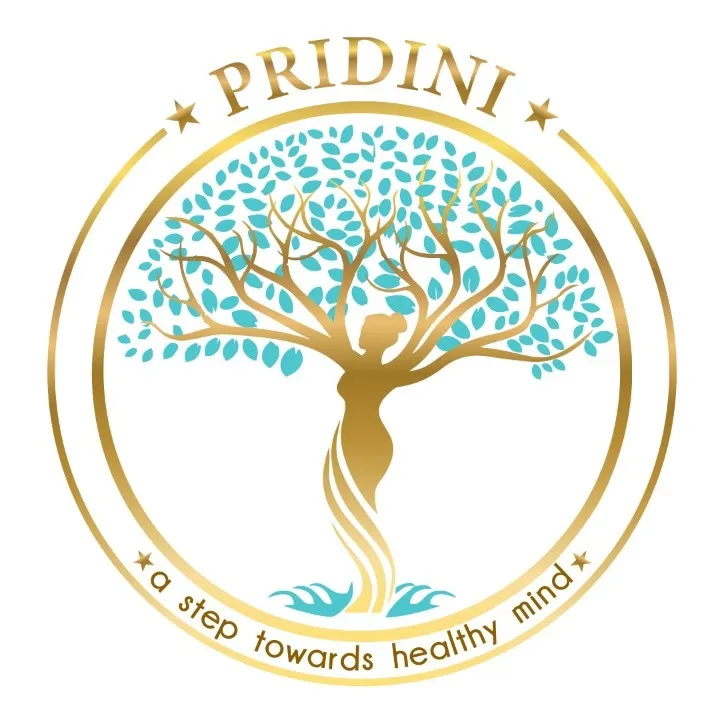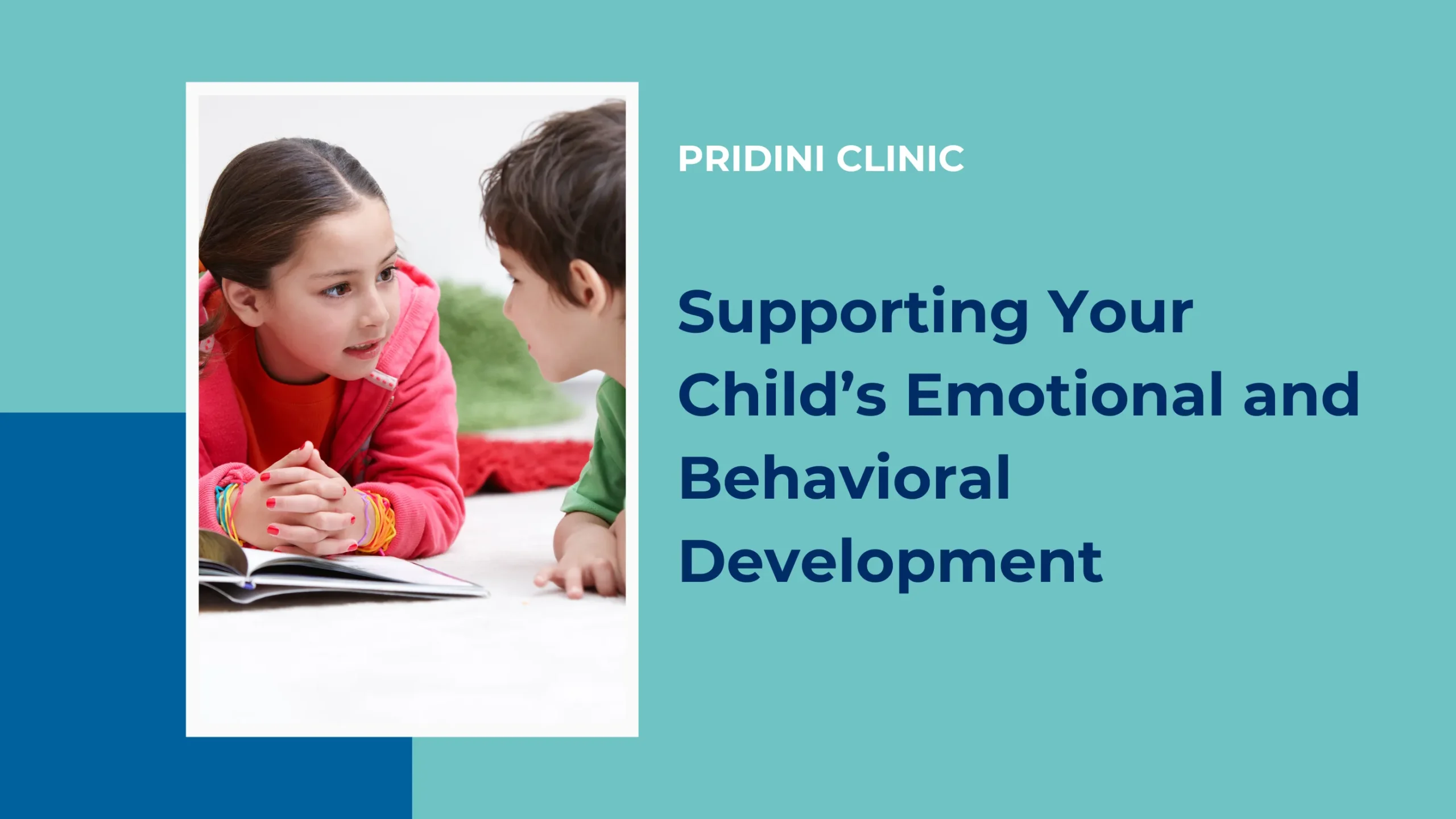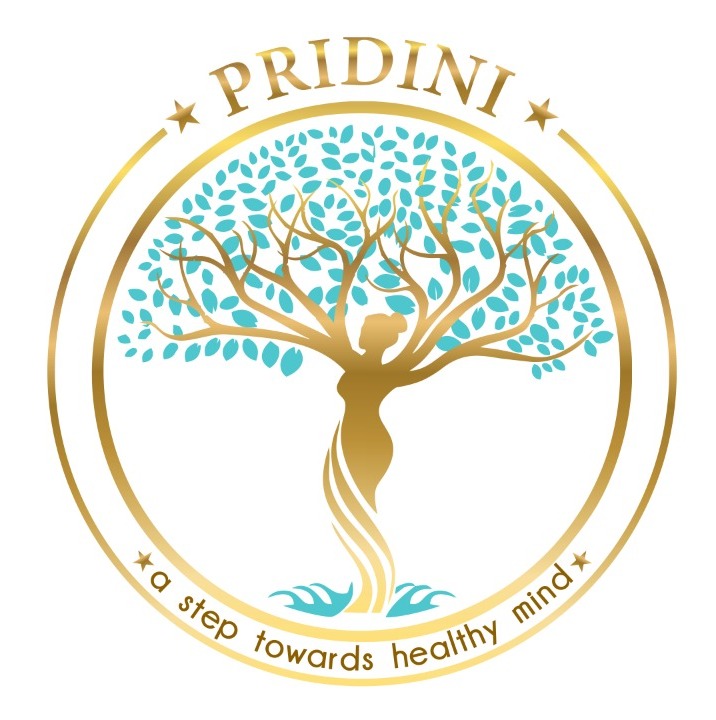A child’s emotional and behavioral development is critical to their overall well-being and future success. Emotional health and behavioral health are deeply intertwined, and together they form the foundation of a child’s ability to navigate social situations, manage stress, and build healthy relationships. At Pridini Clinic, we believe that understanding and supporting your child’s emotional and behavioral health is essential for fostering a well-rounded and resilient individual. This blog will explore the connection between emotional and behavioral health, how to recognize signs of issues, ways parents can support their child’s development, the importance of pediatric counseling, and when to seek professional help.
The Connection Between Emotional and Behavioral Health in Children
Emotional and behavioral health are closely linked, with each influencing the other. Emotional health refers to a child’s ability to understand, express, and manage their emotions. When a child is emotionally healthy, they are more likely to exhibit positive behaviors and interact well with others. Conversely, behavioral health refers to how a child’s emotions influence their actions. For example, a child experiencing anxiety or frustration may exhibit disruptive behaviors as a way of coping with those emotions.
A balanced emotional state allows children to regulate their behavior, respond appropriately to social cues, and develop empathy. When emotional or behavioral health is compromised, it can lead to challenges in school, social interactions, and family dynamics.
Recognizing the Signs of Emotional or Behavioral Issues
Parents need to be aware of the signs that may indicate emotional or behavioral issues in their child. Some common signs include:
- Frequent Mood Swings: Rapid mood changes that seem excessive or inappropriate for the situation.
- Persistent Sadness or Anxiety: Prolonged periods of sadness, worry, or fear that interfere with daily activities.
- Aggressive or Disruptive Behavior: Regularly acting out, defying authority, or engaging in physical fights.
- Withdrawal from Social Interactions: Avoiding friends, family, or activities they once enjoyed.
- Difficulty Concentrating: Struggling to focus on tasks, which can impact academic performance.
If you notice these signs in your child, it may be time to explore ways to support their emotional and behavioral development.
How Parents Can Support Healthy Emotional Development
Parents play a crucial role in fostering their child’s emotional health. Here are some ways to support your child’s emotional development:
- Encourage Open Communication: Create a safe space where your child feels comfortable expressing their feelings. Listen actively and validate their emotions.
- Teach Coping Skills: Help your child develop healthy ways to manage stress and emotions, such as deep breathing, journaling, or physical activity.
- Model Positive Behavior: Children learn by observing their parents. Demonstrate healthy emotional regulation and positive interactions with others.
- Provide Consistent Routines: Stability and predictability in daily routines help children feel secure and manage their emotions better.
The Role of Pediatric Counseling and Therapy
Pediatric counseling and therapy can be invaluable tools in supporting a child’s emotional and behavioral health. A trained therapist can help children understand and express their emotions, develop coping strategies, and improve their behavior. Therapy sessions can also provide parents with insights and tools to better support their child at home.
Pediatric counseling is particularly beneficial for children experiencing significant emotional or behavioral challenges, such as anxiety, depression, ADHD, or trauma. Early intervention can prevent issues from escalating and improve a child’s overall quality of life.
Creating a Supportive Home Environment for Your Child
A nurturing home environment is essential for a child’s emotional and behavioral development. Encourage positive behaviors by setting clear expectations, providing praise for good behavior, and offering support during difficult times. Foster open communication, where your child feels heard and understood.
In addition, ensure that your home is a safe space where your child can relax and express themselves without fear of judgment. Consistent routines, family bonding activities, and a focus on emotional well-being can significantly contribute to your child’s development.
When to Seek Professional Help for Behavioral Concerns
If your child’s emotional or behavioral issues persist despite your efforts, it may be time to seek professional help. Consult a pediatrician or child psychologist if your child exhibits any of the following:
- Severe Mood Swings: Intense emotions that disrupt daily life or pose a risk to themselves or others.
- Persistent Behavioral Problems: Ongoing aggression, defiance, or other disruptive behaviors that impact school or home life.
- Inability to Cope: Struggling to manage stress or emotions, leading to frequent meltdowns or withdrawal.
At Pridini Clinic, we are here to support your child’s emotional and behavioral development. If you have concerns or need guidance, contact us today to schedule a consultation with our expert team.



